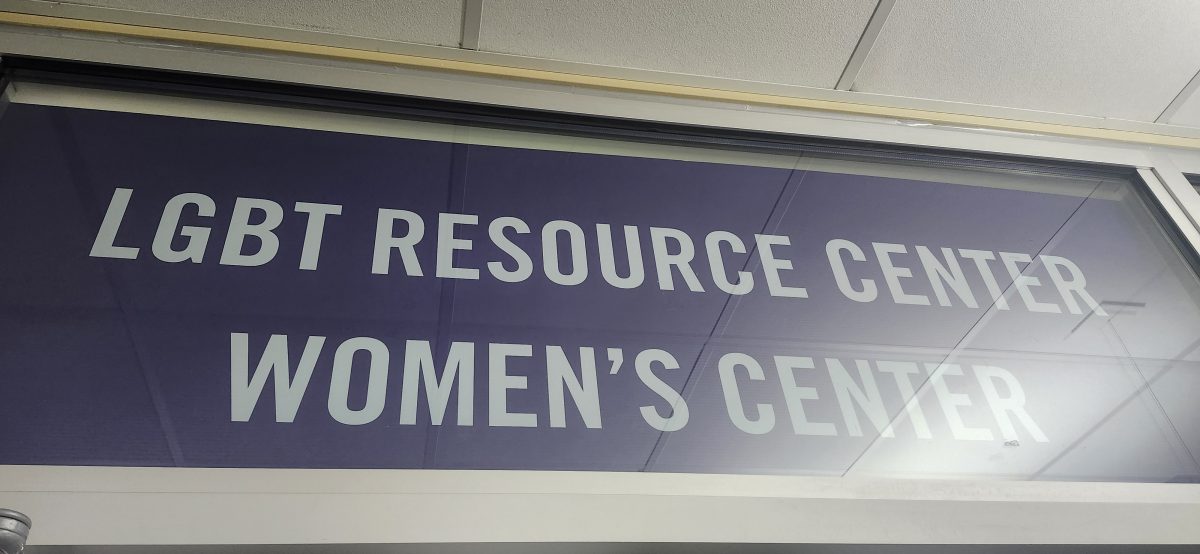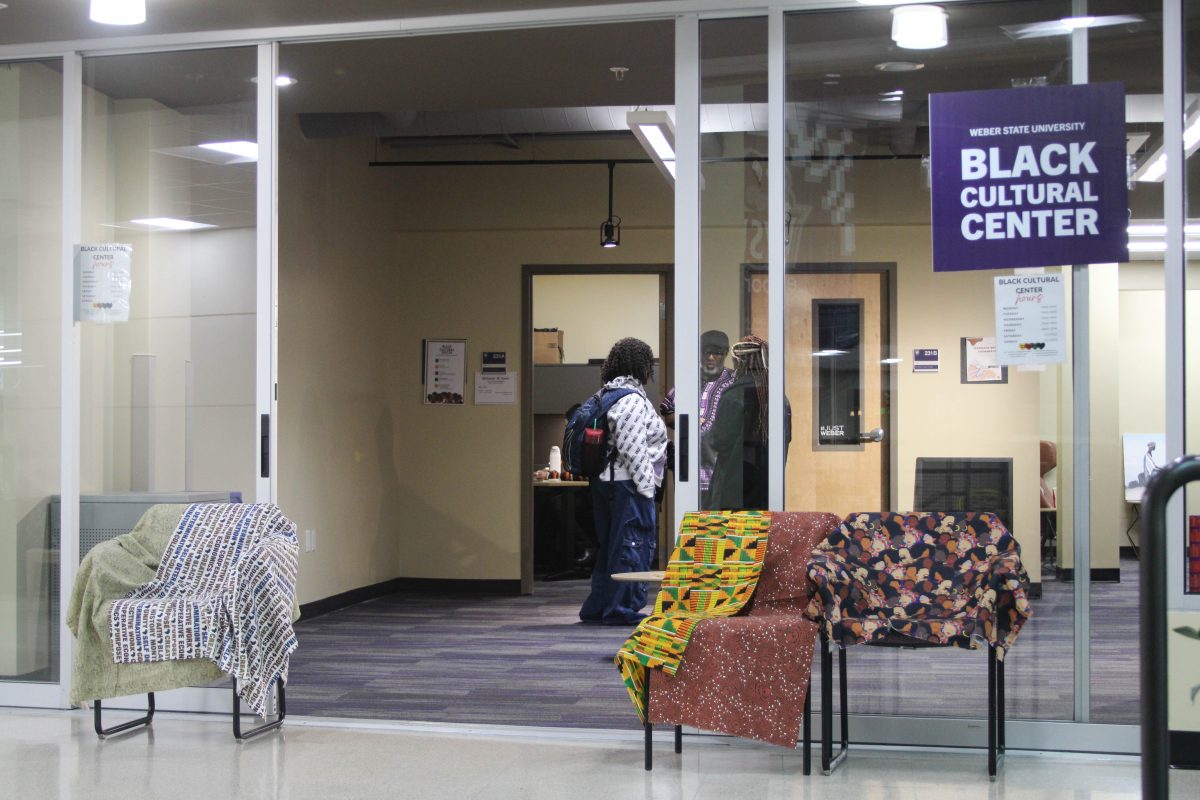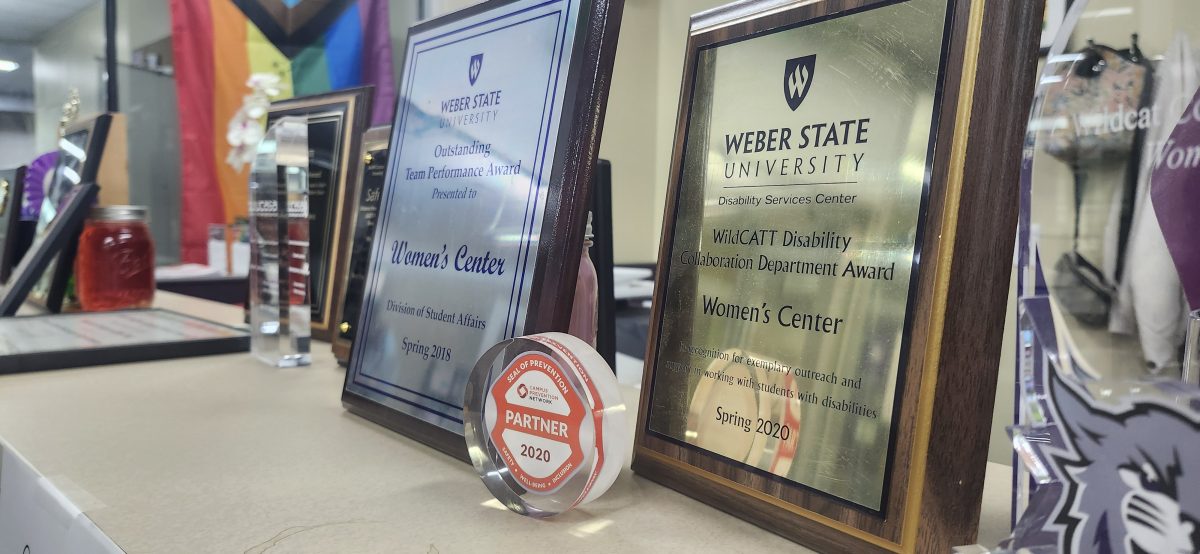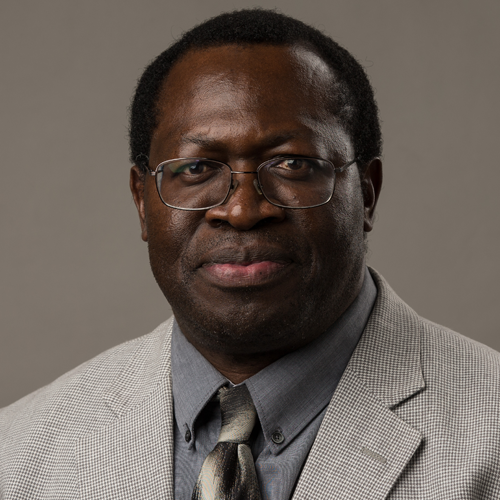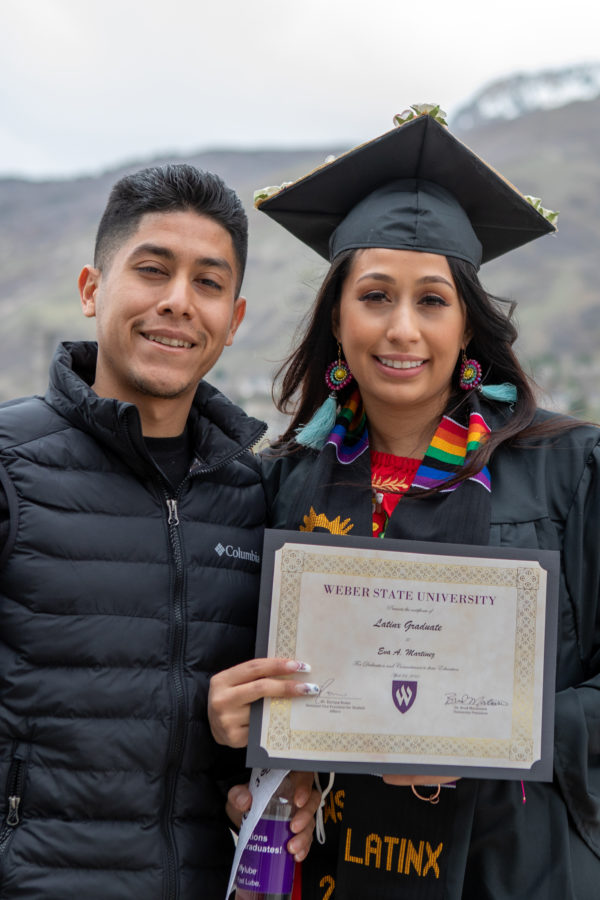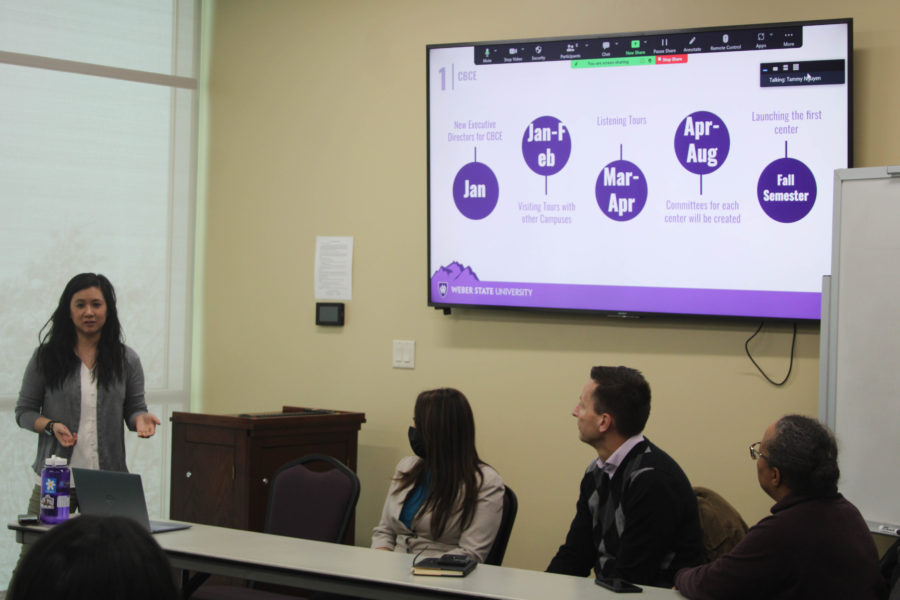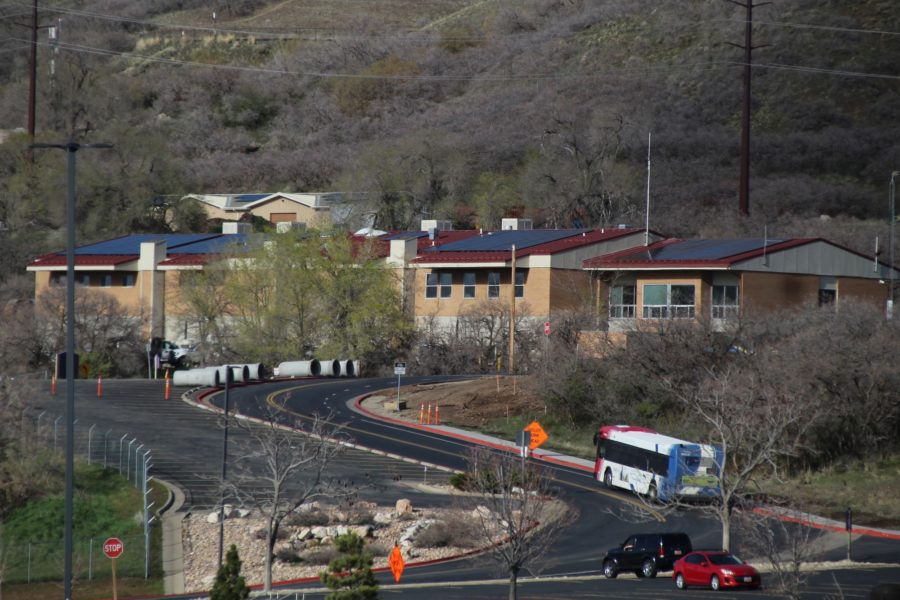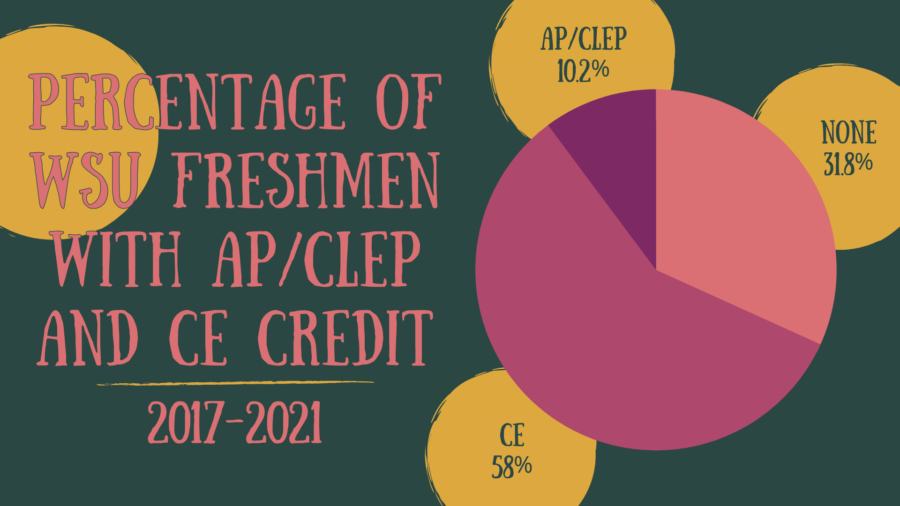
For former U.S. ambassador Aubrey Hooks, Africa presents an environment of opportunity and growth, even if he once found himself in the middle of an escalating military conflict between France and Ivory Coast.
Hooks came to WSU as a guest speaker for the Ralph Nye Lecture Series on Jan. 23. He shared his experience of working in Africa for the U.S. State Department’s Foreign Service.
Africa is a massive and diverse continent. Its inhabitants speak over 3,000 languages, live in megacities or in the undeveloped countryside and originate from tribes that may feature matriarchal or patriarchal hierarchies. Some governments are stable, while some countries face the constant threat of competing warlords. Furthermore, the past European colonial powers imposed legal and political systems that did not mesh with local custom.
“Africa is evolving,” Hooks said. “The rise of technology is helping tremendously.”
According to Hooks, Africa still remains a mystery to most Americans.
“There really is no African constituency in the U.S. like you see with Israel, or Iran or other parts of the world,” he said. Hooks explained that apart from South Africa’s apartheid, the African-American experience is different to the point that black Americans cannot easily sympathize with black Africans.
But, Hooks believes Americans need to be more informed about Africa and its people. Hooks explained that the U.S. imports many raw materials from Africa–such as cacao, oil, rubber and coltan for electronics–that Americans take for granted.
“Africa is actually a very resource-rich land,” Hooks said. “Unfortunately, the colonial powers exploited the riches, and now it is the political elite. The common people get very little.”
As more African governments reopen their countries to foreign investment to grow their economies, those investors must learn how to overcome a variety of physical and cultural barriers.
As an ambassador, Hooks had top access to local political leaders and provided American businesses with the guidance they needed to establish profitable businesses.
A major part of Hooks’ job was to overcome local government corruption. The disconnect between legal systems, modeled after the colonial powers, and local culture has led to corruption and graft. Many local customs also call for guests to present local leaders or chiefs with gifts in exchange for access or permission to develop the land.
“American law prohibits American companies from offering bribes,” Hooks said. “But that does not stop companies from hosting African officials and taking them on a trip to Disneyland, or perhaps New York.”
However, Hooks explained that most companies did not need to resort to bribery to get things done. Instead, he emphasized the importance of networking, especially with local embassy or consular officials. He shared multiple stories of American businesses that hit legal snags in Africa. Most of the time, Hooks was able to resolve the situation with a conversation with a local magistrate or president.
“Contact the American embassy,” Hooks said. “The embassy has plenty of contact information and resources. We will tell you about the ‘who’s who.’ The ambassador is the personal representative of the U.S. president. People will listen.”
As for the incident between France and Ivory Coast, Hooks smiled as he recounted the story. In this instance, he had to use his soft skills to keep the local military, and civilians, from retaliating against the his counterpart, the French ambassador.
He also hinted that domestic politics sometimes get in the way of ambassadors who are doing what they can to represent the U.S. in the best way possible. He specifically mentioned what happened with former U.S. ambassador to Ukraine, Marie Yovanovitch.
“An ambassador serves at the pleasure of the president,” Hooks said. “But, I feel Ambassador Yovanovitch was fired [by the Trump Administration] because she refused to do something unethical.”
While Hooks explained that most Foreign Service officers will never have to face such situations, he did express that he found his time in the Foreign Service fun and gratifying.
“I loved looking forward to Mondays,” he said.
One of Hooks’ favorite memories was presenting a medal to a champion boxer in the same boxing ring that hosted 1974’s “Rumble in the Jungle” between George Foreman and Muhammad Ali.
Professor Randy Boyle, who introduced Hooks to the audience, was grateful that the former ambassador took the time to visit WSU.
“This is a great privilege for us, to have a person of his calibre at Weber State,” Boyle said.



